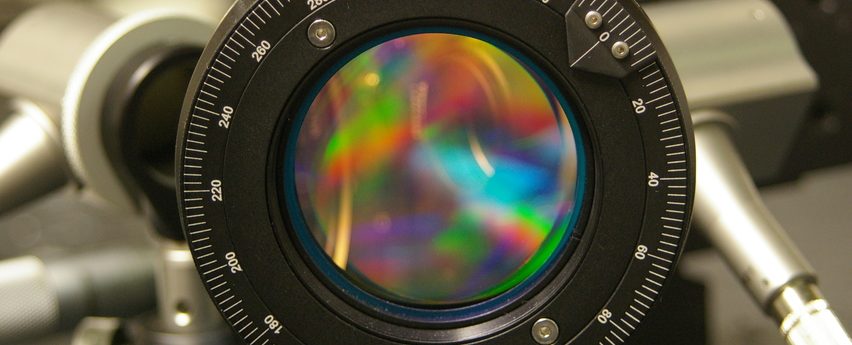
We are recruiting for a fully funded PhD Studentships in Optics/Photonics/Physics/Artificial Intelligence for a period of 36 months within the Applied Optics Group (AOG), Division of Natural Sciences, University of Kent. The position is supported by the University of Kent and is associated with the MRC grant: Quantitative OCT-Raman spectral imaging for intra-operative detection of positive margins in breast conserving surgery, a collaboration with University of Nottingham.
OCT, due to its non invasive and high resolution capabilities of imaging the tissue has evolved into a versatile, highly professional diagnostic method.
Research will focus on innovative solutions for multi view imaging of biopsies and combination of OCT imaging with Raman investigation.
About half of the PhD work will consist of developing deep learning techniques for the interpretation of breast cancer images. We will look at the most efficient preparation and pre-processing of the images. This will be followed by a meta-analysis of existing classifiers of breast cancer images. Finally, we will take a data-centric approach to automate interpretation of the images.
The systems assembled will generate data that will enable health care providers to supply cost-effective, targeted treatment, not currently possible with conventional technology.
Once the OCT systems are assembled, their use and functionality will be tested under the specialised supervision of Prof. Ioan Notingher and clinicians at the University of Nottingham. The applicant should collaborate with the AI team in equipping the diagnosis software with AI enhancement.
The successful applicant will also have the opportunity to visit the collaborating team at the University of Nottingham.
Criteria
The applicant must have a good background in theoretical and experimental optics and expected to have graduated Physics (Optics) or Electrical and Electronic Engineering. We are looking for a highly imaginative and self-motivated individual with expertise in optics, digital signal processing and programming languages such as LabVIEW, MatLab or C++. Knowledge of Python and TensorFlow is essential.
For more information you may contact Professor Adrian Podoleanu at A.G.H.Podoleanu@kent.ac.uk, School of Physics and Astronomy or Professor Philippe de Wilde at P.Dewilde@kent.ac.uk, Division of Natural Sciences, University of Kent.
How to apply
For further information and details on how to apply, please visit https://www.kent.ac.uk/scholarships/search/FNADAOGOCT01
Deadline
Applications must be received by 29 February 2024, 23:59 GMT
Funding Notes
Applications are open to home and overseas students, but tuition will only be waived at the home rate. Overseas applicants should make provision to meet the difference between home and overseas fees.